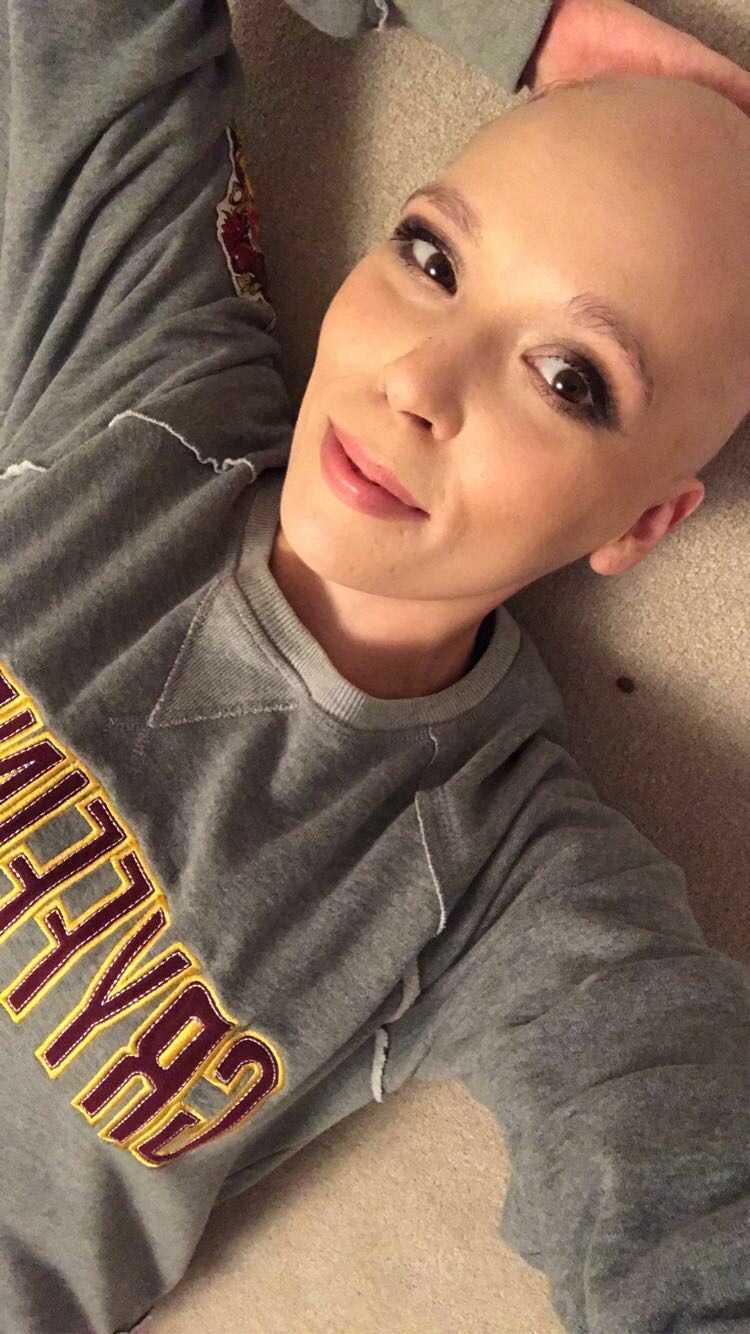A research team at the University of Saskatchewan (USask), as well as the Urban Public Health Network (UPHN), are joining forces for a project that seeks to eliminate cervical cancer. The project is being funded by the Canadian Partnership Against Cancer (CPAC) totalling $1.6 million.

The goal is to eliminate cervical cancer in Canada by 2040.
USask College of Medicine professor Dr. Cory Neudorf says there are school programs throughout the country which focus on preventing contracting human papillomavirus (HPV), which has been found to be one of the major causes of the disease.
HPV is the most common sexually transmitted infection. The finding has opened the window for the possibility of eliminating cervical cancer.
“Current immunization rates for HPV range from 57 per cent to 92 per cent in various provinces and we need to reach above 90 per cent across Canada, in all populations,” said Neudorf, who is also the UPHN president. “Certain subgroups are more likely to have lower immunization and lower rates of screening.”
Neudorf says cervical cancer is largely preventable through immunization and is highly curable if it is found and treated early.
“As we find out more about the causes of the virus, the idea of switching technologies as a means to screen for the virus rather than screening for changes the virus can make in the cervix.”
Neudorf says this would lead to more effective and more available ways of screening such as self-collection.
He says the disease affects 1,300 Canadians and takes the lives of 400 women every year.
Thirty-two-year-old cervical cancer patient Amanda Niebergall was diagnosed in 2018 at Stage 4 after several months of feeling unwell and not knowing why.
“I did 24 rounds of chemotherapy, 35 rounds of external radiation, four rounds of brachytherapy, which is internal radiation for eight months,” said Niebergall.
Niebergall, who lives in Regina, says she hopes cervical cancer will one day be a thing of the past so that no one has to experience what she went through.
“I think one of the biggest barriers is around information regarding the HPV vaccine and the stigma around HPV,” Nibergall said. “When we can remove that stigma, I think people will be more comfortable getting the vaccine.”

Get weekly health news
She says any woman at any age can be affected by cervical cancer.
“It was thought of prior to being found only in older women. There is a growing number of people with this cancer who are in their 20s and 30s, like me.”

Niebergall says she wasn’t about to let cancer turn her life upside down. So, she made the best of the experience.
She has recently completed another round of chemotherapy after cancer returned to her upper body. She now is awaiting test results for a clean slate of health.
“I was approached with the opportunity to be a patient advocate with CPAC and use a crappy experience and turn it into something positive,” said Niebergall.
She has a simple piece of advice for other women.
“If your body feels off and you know it feels off, it’s OK to advocate for yourself, for your health. Get a second opinion, or a third opinion from a doctor, do it.”
Neudorf says the research is designed to survey who is not behind getting immunized and finding out why.
“What things are preventing people from getting immunizations. The patient feedback will inform the system for any changes.”
He says a major goal of the study is to find out how to get vaccination rates above 90 per cent in all groups across the country.
“If we want to achieve this goal, we need regular monitoring of vaccine coverage,” Neudorf said. “Continuing to work with populations that are being underserved. Drill down to a more local level within provinces, regions, cities, where are those pockets are lower immunization coverage.”
Neudorf and Niebergall agree, building immunity through vaccines at an early age and informing the youth is the best defence against HPV for now.








Comments